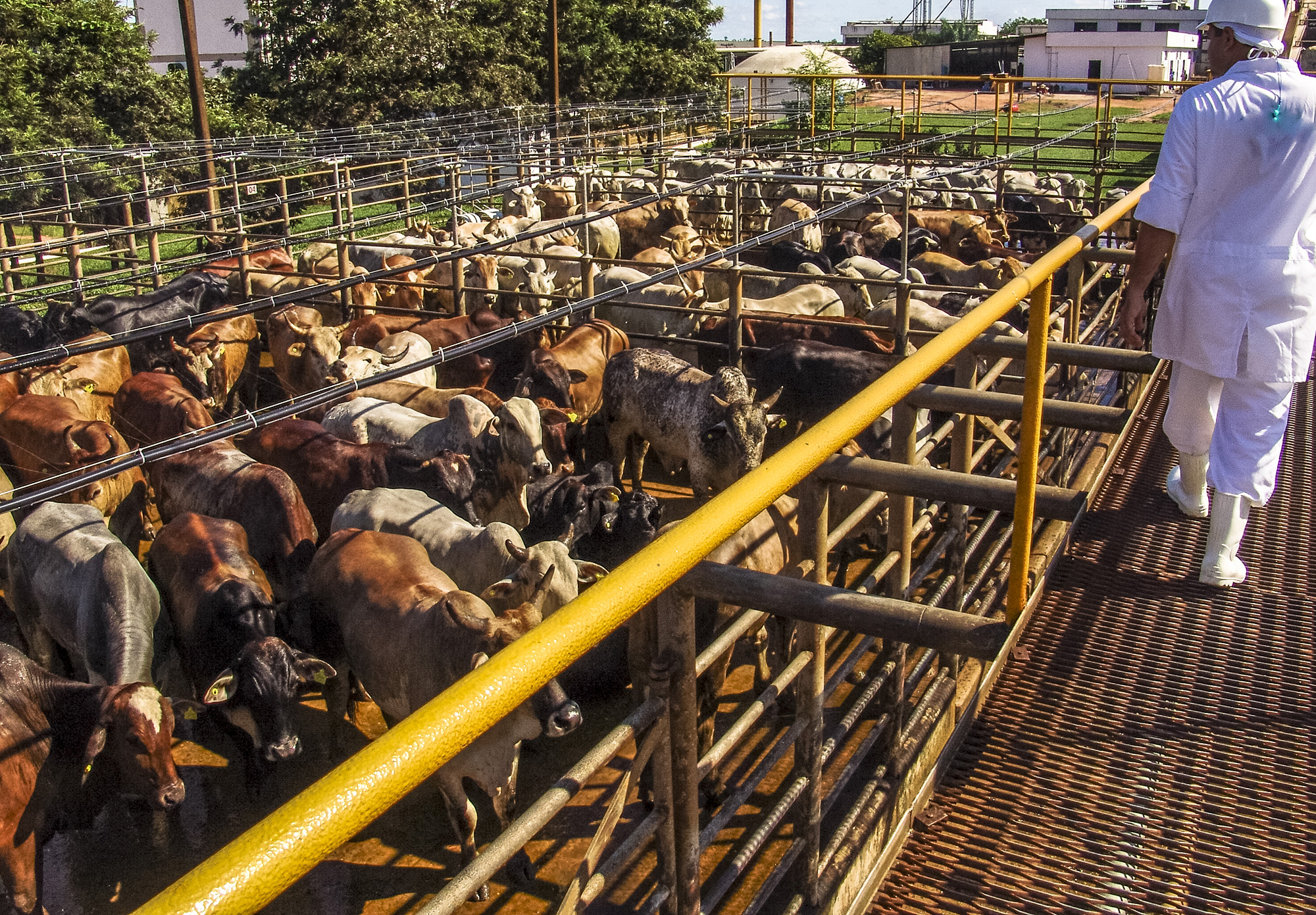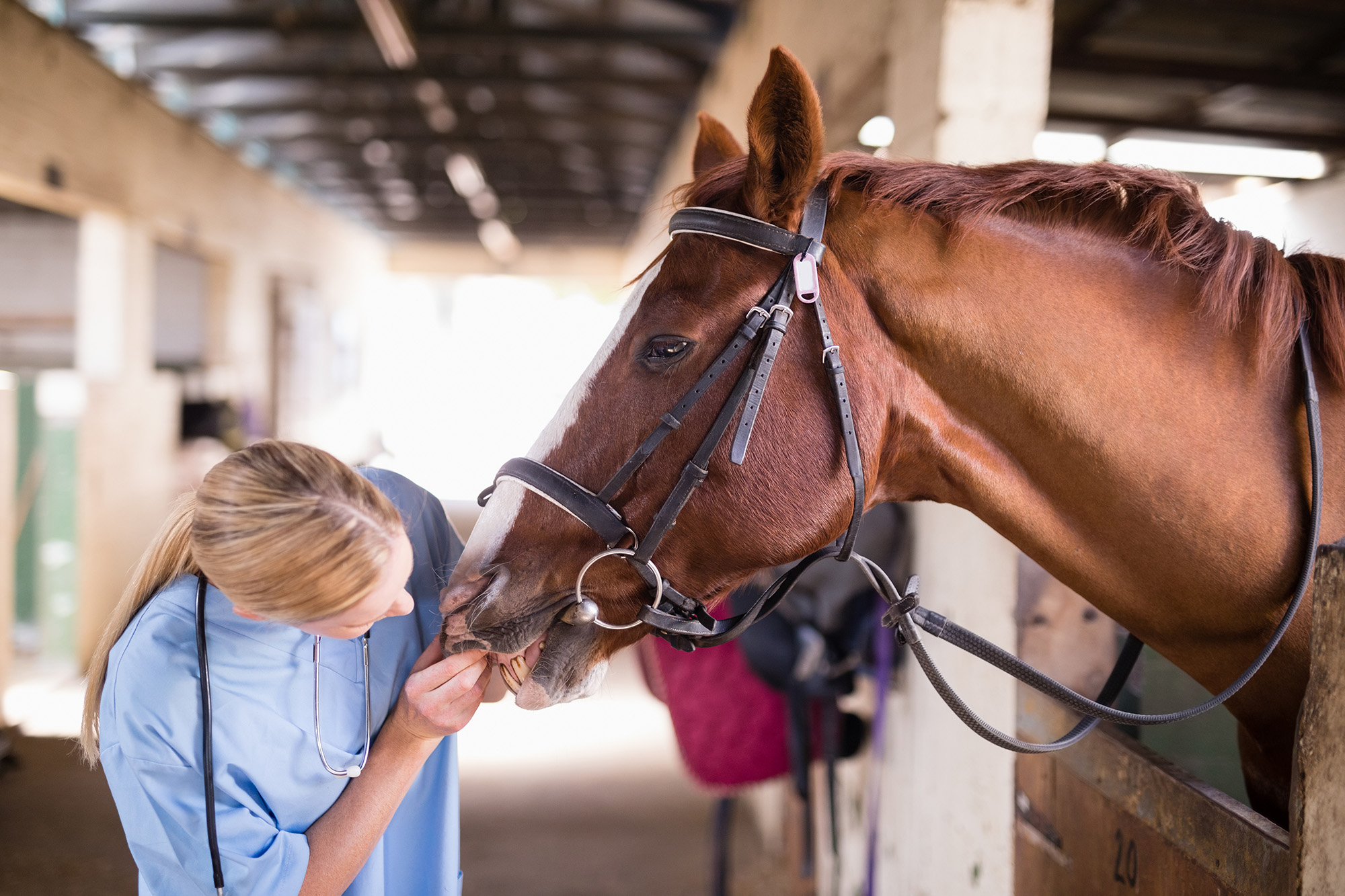Q fever risk factors
Q fever bacteria are particularly hardy and infectious – a single bacterium is able to cause an infection.
That’s why a Q fever vaccination is important for anyone who may participate in risky activities with animals, including:
- Abattoir workers
- Farmers
- Stockyard workers
- Shearers
- Animal transporters
- Veterinarians, veterinary nurses and veterinary students
- Professional dog and cat breeders
- Agricultural college staff and students
- Wildlife and zoo workers who work with high-risk animals
- Animal refuge workers
- Laboratory workers who handle veterinary specimens, or work with c. Burnetii
- Other people exposed to high-risk animals, particularly cattle, camels, sheep, goats and kangaroos (including their products of conception, such as placental tissue and birth fluids)



Note that you should be vaccinated against Q fever before you start work, since the risk of infection is highest in the first few years.
If you have already had Q fever not only do you not need vaccination, but you may develop severe complications to the vaccine (including local abscesses and even Q fever symptoms).